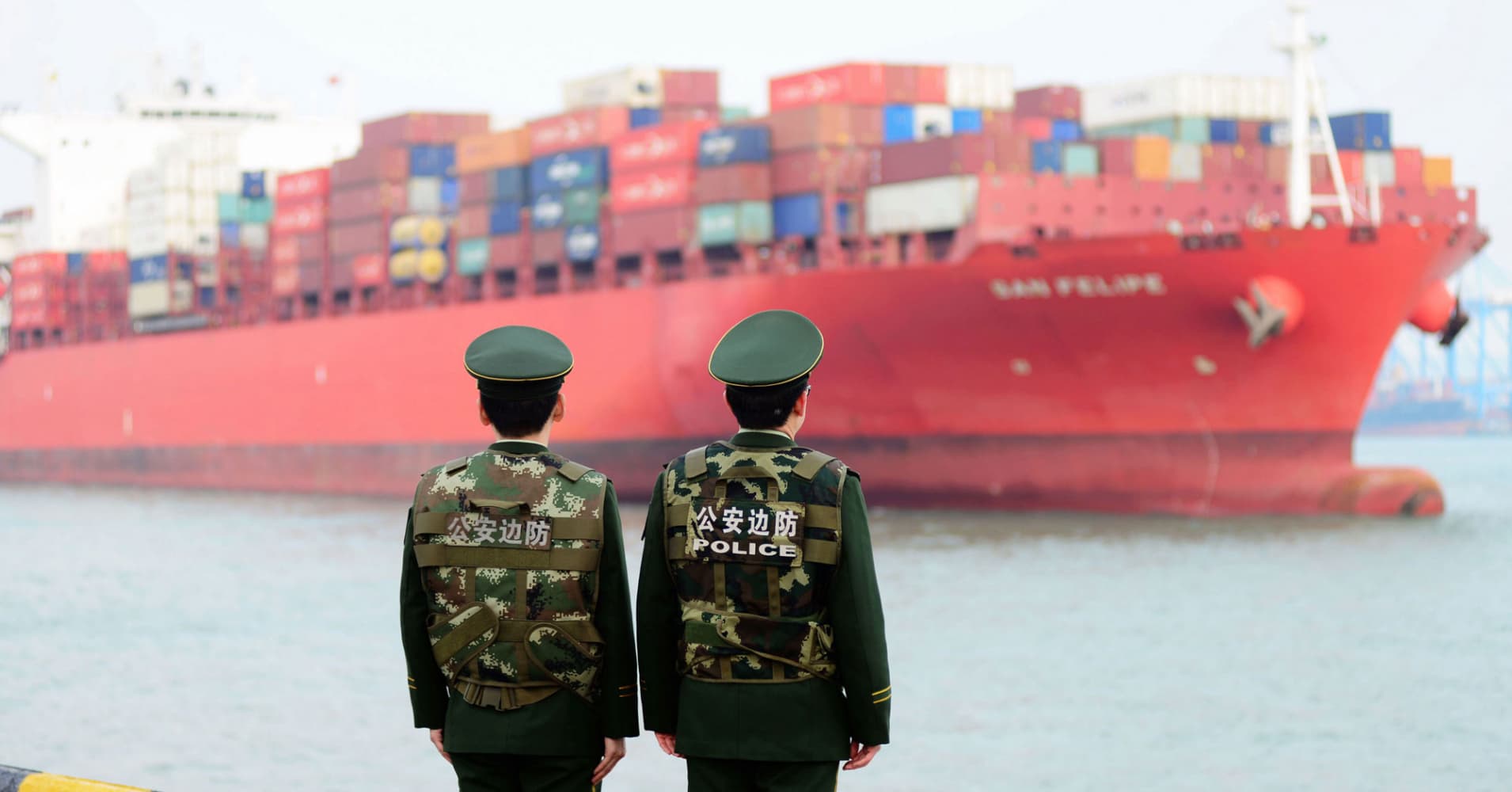
The expected tariffs on Chinese goods come as relations with multiple major trading partners have grown increasingly bitter. The U.S. faces retaliation not only from Beijing but also from allies such as Canada, Mexico and the European Union. The Trump administration’s protectionist moves have prompted so far fruitless efforts from some congressional Republicans to limit the president’s power to impose tariffs.
One factor that could influence Trump’s thinking is China’s response to the possible tariffs. Secretary of State Mike Pompeo is currently in Beijing discussing the next steps in the effort to get North Korea to abandon its nuclear and missile programs. The administration emerged from a summit between Trump and dictator Kim Jong Un optimistic about the prospect of denuclearization.
China’s willingness to put economic pressure on North Korea is critical to pushing Pyongyang to give up its nuclear ambitions. The round of tariffs could make China reluctant to cooperate with the U.S. on North Korea.
Beijing has said it would retaliate if the U.S. imposes tariffs. The potential for reprisal has raised fears about a devastating series of trade barriers and damage to the American agricultural industry.
Trump has decried what he calls abusive trade practices by Beijing. He argues China has long taken advantage of American leaders, damaging U.S. companies and workers in the process.
The Trump administration is currently trying to strike a trade agreement with China that would lead to the U.S. exporting more goods.
Be the first to comment